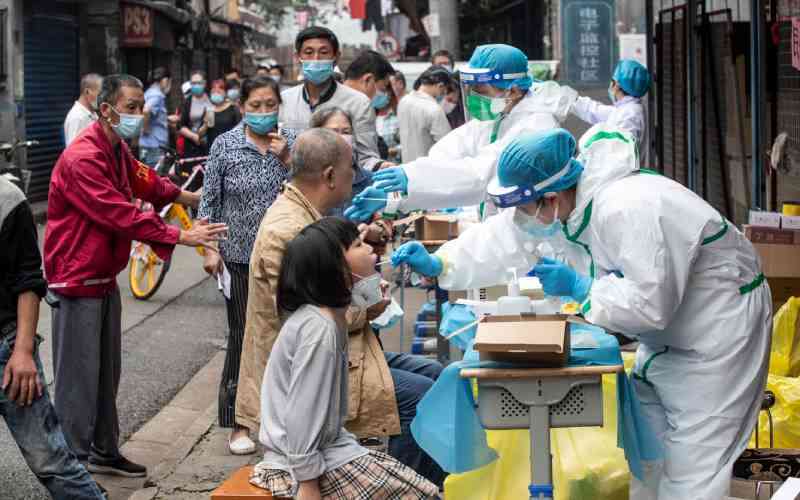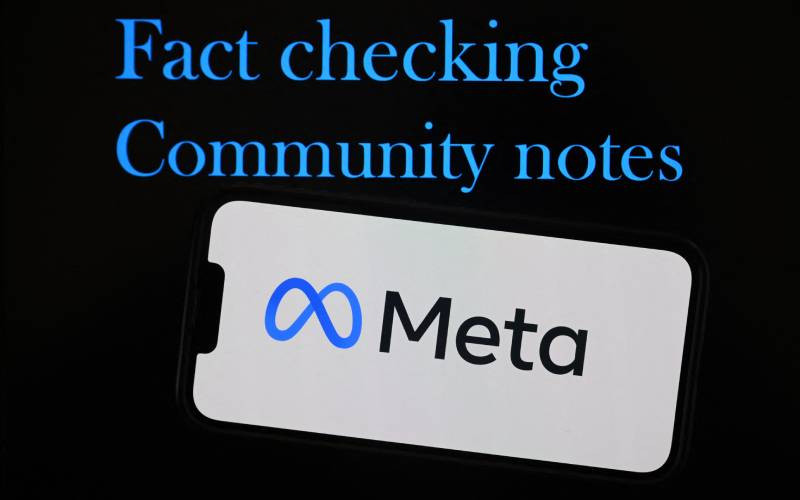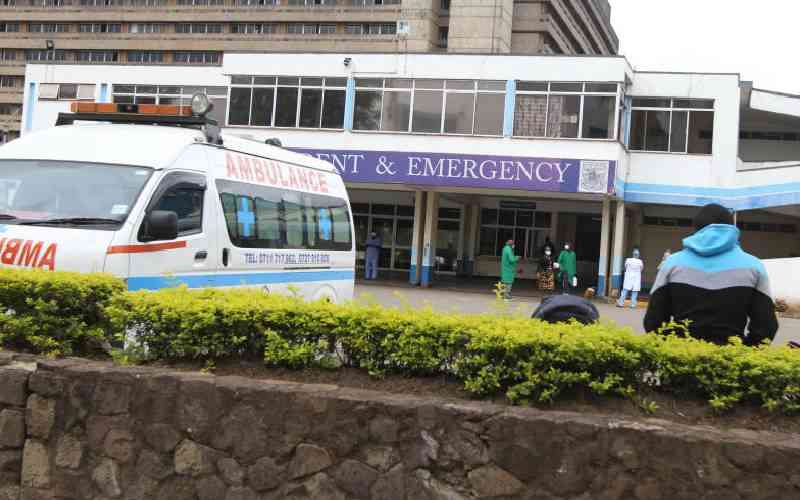
Memes have been the in-thing in Kenya lately.
One such meme says: "When you see me talking to myself on the streets, please leave me alone, I am in a meeting with myself na saa hii tunaandamana (and now we are demonstrating)."
However, to some, talking to yourself on the street is a waking reality. It is not uncommon to see smartly-dressed men and women ambling on busy streets mumbling to themselves and even making gestures.
Others employ facial expressions indicative of the emotions alive in their minds. Most are oblivious to other pedestrians, who stare at them with bemused looks.
With the advent of Covid-19, use of masks shielded many from the stares of passers-by, but just what could be the cause of this?
Michael Mutiso, a boda boda rider in Machakos, admits to talking to himself when he fails to make enough money to feed his family.
"At first I didn't know I was doing it, but realised people were staring at me," recalls Mutiso. I had been talking alone, trying to balance the money and the list of items my wife was expecting that evening," he says.
Mutiso's colleague Musembi Muoki says it is common to see people walking throwing their hands in the air.
- Gender PS urges teachers to break the silence on mental health
- A knock on the door saved my life: Woman narrates her fears after HIV diagnosis
- Is something bothering you? Tell it to an AI chatbot therapist
- My struggle with bipolar disorder
Keep Reading

"Kenyans are going through difficult economic times.
"In the past, only the mentally ill talked to themselves and it made people laugh. Nobody is laughing anymore, people are stressed and we all understand," says the rider.
According to the boda boda operators, Covid-19 pushed them beyond bearable limits and most have not recovered financially. The situation tore some families apart due to unmet expectations.
"Some women keep on pushing the man even when he has done his best, and that is why most are talking alone," said a rider known as Kajaz.
Dr Susan Gitau, a counselling psychologist, says she has registered many cases of psychological distress attributable to the high cost of living and a lack of preparedness on how to handle a crisis.
"When important relationships like marriages, parental relationships, teacher-student relationships, or intimate relationships are broken down and people have nowhere to get comfort, then you can tell there is a problem in the society," says Dr Gitau.
She notes that this has been accompanied by sexual and gender-based violence with more men reporting emotional and psychological violence.
Additionally, many employees are going through burnout in their workplace due to a lack of work-life balance and most are unable to cope.
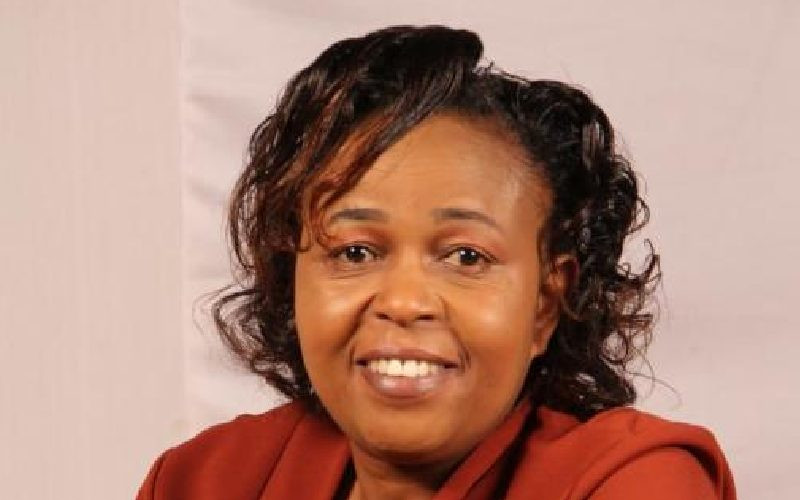
Dr Gitau says signs of mental distress at the workplace include increased issuance of show-cause and warning letters, sackings, lateness, drastic weight loss or weight gain and others will practically neglect themselves.
Others engage in reckless behaviour like risky driving, careless sexual behaviour, being more irritable and increased alcohol and drug intake.
Some, adds Dr Gitau, may begin talking ill of their religion, how dying would be the only solution to their problems or giving away their most valued items, clear signs of suicidal tendencies that need help before sinking into depression.
Dr Gitau reckons there is need for raising awareness of mental health by educating people about signs and symptoms. The government needs to have mental health specialists in all public health facilities offering affordable services for all.
"I am looking for a Kenya where a mentally sick person will walk into a hospital just like the other sick people do, and get to see a professional counsellor," says the expert.
She says one way of crisis resolution is understanding how to live in the moment, within one's means.
Isaiah Opiyo, a financial trainer, says that one has to find a way out of an economic crisis including first, trimming down their budget and two, finding alternative sources of income to supplement what they already have.
He says one of the ways to survive the harsh economic times is by doing side hustles like using social media for online business.
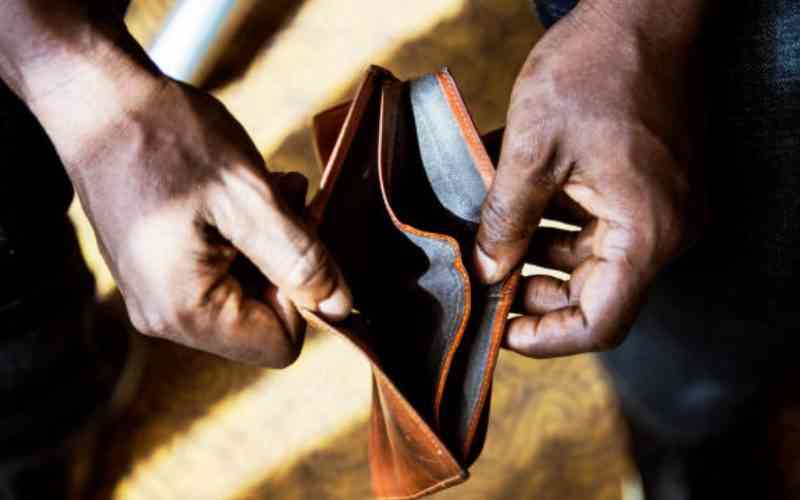
One can either sell items or offer services to increase their income.
Opiyo also lists reducing household expenditure by using public transport to save on fuel, reducing the number of meals a day, moving to a cheaper house or shifting children from expensive schools to affordable ones.
Opiyo notes that people are making inflation-based decisions to save money as the cost of items is going up against static salaries or sources of income, hence the need for alternative ways of survival.
"If you find it hard living in the city, move to the rural area especially now that people are working from home," concludes Opiyo.
"When things stabilise after the elections, you can come back to the city."
 The Standard Group Plc is a multi-media organization with investments in media platforms spanning newspaper print
operations, television, radio broadcasting, digital and online services. The Standard Group is recognized as a
leading multi-media house in Kenya with a key influence in matters of national and international interest.
The Standard Group Plc is a multi-media organization with investments in media platforms spanning newspaper print
operations, television, radio broadcasting, digital and online services. The Standard Group is recognized as a
leading multi-media house in Kenya with a key influence in matters of national and international interest.

